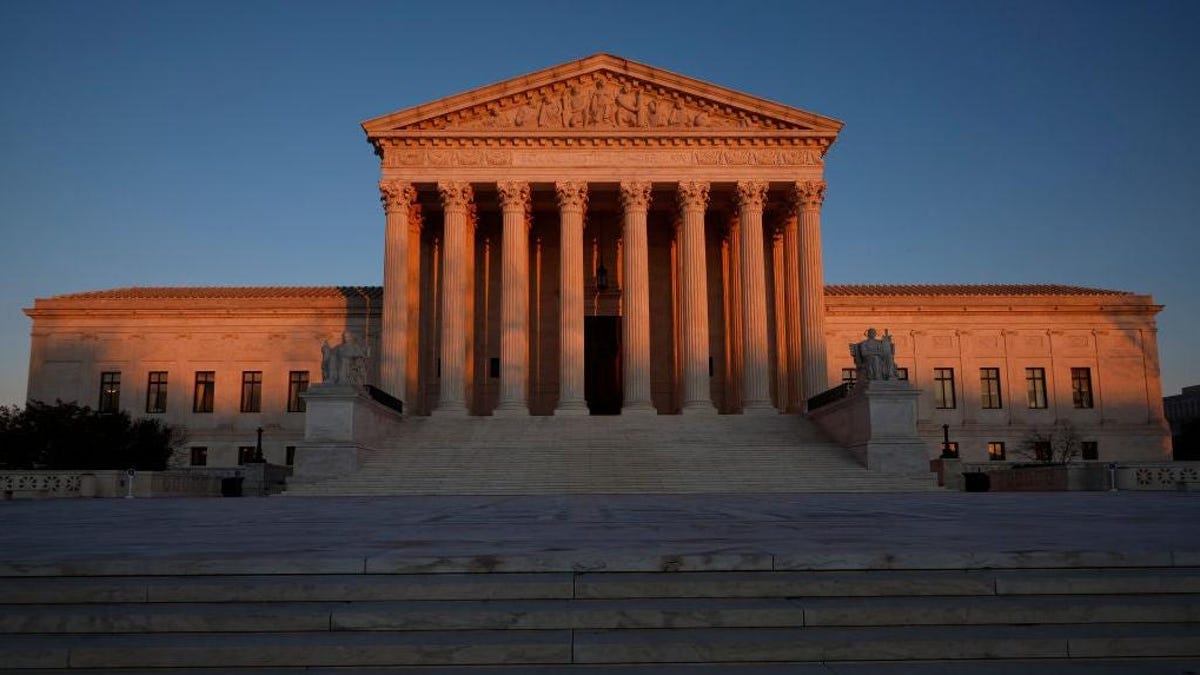
The U.S. Supreme Court will hear two First Amendment rights cases this fall after San Diego board members blocked parents for raising concerns on their social media accounts. A second case was filed against the city manager in Port Huron, Michigan for blocking a resident who raised Covid-19 concerns on his Facebook page. In both cases, the courts sided with the plaintiffs, but the defendants appealed to the Supreme Court which agreed on Monday to pick up the cases.
In the case of O’Connor-Ratcliff v. Garnier, Michelle O’Connor-Ratcliff and T.J. Zane said two elected board members, Christopher Garnier and Kimberly Garnier, blocked them on their social media accounts after raising concerns about racial relations at the local school. The board members claimed the parents posted the same comment 42 times, amounting to spam, but O’Connor-Ratcliff and Zane say blocking them violated their right to free speech.
Advertisement
The courts determined that while using social media was not a requirement of the board member’s positions, they had turned their accounts into public forums, emphasizing they “swathed” their accounts in “the trappings” of the office they held. The motion says they posted district-related information including events and matters they would only discuss due to their positions. “For similar reasons, the court held as a matter of law that Petitioners’ social-media accounts had become designated public fora under the First Amendment,” the motion says.
However, the board members appealed the decision, saying if the courts rule in favor of the Garniers, it “will have the unintended consequence of creating less speech if the social-media pages of public officials are overrun with harassment, trolling, and hate speech, which officials will be powerless to filter.”
Advertisement
Separately, in the Lindke v. Freed case, city manager James Freed blocked Kevin Lindke from his Facebook account after he criticized covid-19 restrictions on Freed’s page. The Michigan court ruled in favor of the city official, creating confusion about what falls under First Amendment rights.
Both cases will now go to the Supreme Court where questions continue to circulate about whether public and government officials can block social media accounts simply because they don’t like what people are saying. This comes after SCOTUS reviewed a similar case against former President Donald Trump in 2021, but was thrown out because, by the time the lawsuit was brought forward, Trump had left office. The absence of a judgment leaves the burgeoning question of whether public official accounts can ban or block other users.
Advertisement
With the two new cases heading to the Supreme Court, social media platforms and users may get the answers they’ve been looking for. Katie Fallow, who is a lawyer at the Knight First Amendment Institute at Columbia University and was involved in Trump’s case told NBC News, “As many courts have held, it doesn’t matter whether it’s the president or a local city manager, government officials can’t block people from these forums simply because they don’t like what they’re saying.” She added, “The Supreme Court should reaffirm that basic First Amendment principle.”
Services Marketplace – Listings, Bookings & Reviews